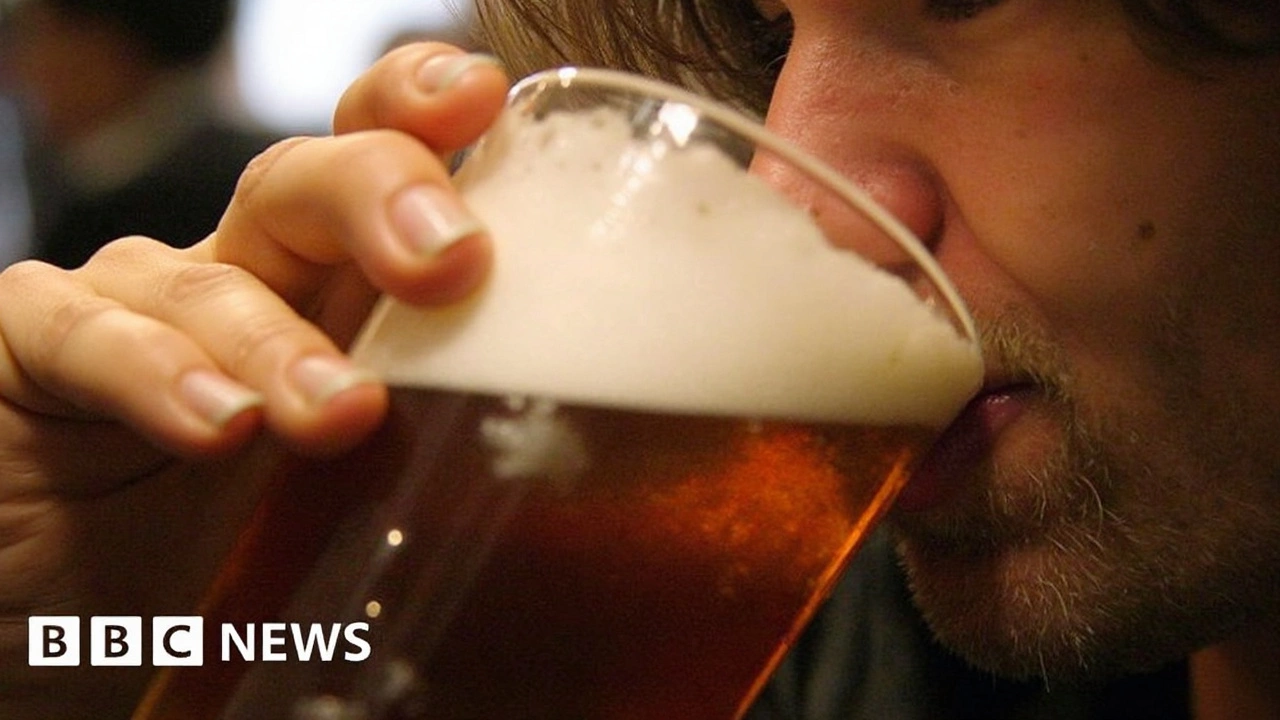MPs' Safety in the Spotlight After Strangers' Bar Incident
The debate around the future of Parliamentary bars has flared up again, and for good reason. In January 2025, an alleged drink-spiking at Strangers' Bar—a familiar haunt tucked inside the House of Commons—set off alarm bells. The incident, which saw a woman report her drink had been tampered with, led to an official probe by the Metropolitan Police and an immediate shutdown of the venue. But that's only half the story.
Commons Leader Lucy Powell quickly weighed in on the calls to keep the bar permanently closed. Her take was blunt: closing on-site bars may make politicians more vulnerable. If MPs lose safe, controlled places to unwind, they'll be pushed out to pubs and restaurants beyond the relative security of the parliamentary estate. For someone juggling public duties and personal safety, that's a tricky trade-off.
Powell didn't shy away from the sensitivities. She acknowledged the need to overhaul protocols, saying she'd only back reopening Strangers' Bar once staff were confident new safety measures could actually protect everyone—employees and members alike. But for her, scrapping these bars isn't the answer; she sees them as a way to manage risk, not add to it.
Old Problems, New Pressures
It's not the first time Strangers' Bar has found itself in the spotlight. In recent years, the bar has been linked to a string of controversies—rowdy behaviour, disciplinary incidents, and whispered allegations that chips and pints sometimes flow more freely than they should. Those past headaches make any new incident a chance to overhaul how these spaces are managed, not just sweep issues under the rug.
After the drink-spiking report, Parliament faced awkward questions. Are its bars really as safe as everyone hopes? Should there be stricter checks on who enters and serves at these establishments? And with MPs often working late, tired and under stress, do these familiar watering holes serve a meaningful purpose—or just create risks nobody wants?
Some MPs say keeping the bars inside Parliament at least allows for better oversight. Security passes are required to get in, and staff know most faces. If members have a drink elsewhere, they're out in public, exposed to unpredictable crowds, social media cameras, and even potential threats—a stark reality after several recent high-profile security scares.
Others argue that Parliament should set higher standards than the average London bar. With big responsibilities on their shoulders, MPs—along with the staff and visitors sharing these spaces—shouldn’t have to worry about falling victim to spiking or other crimes while on duty.
So what now? Lucy Powell's position is clear: beef up the safety rules, restore trust, and reopen the bar when everyone can feel secure. But the renewed debate has exposed just how much Parliament is struggling to balance tradition, convenience, and safety for its members. The next steps will say a lot about where those priorities really lie.
